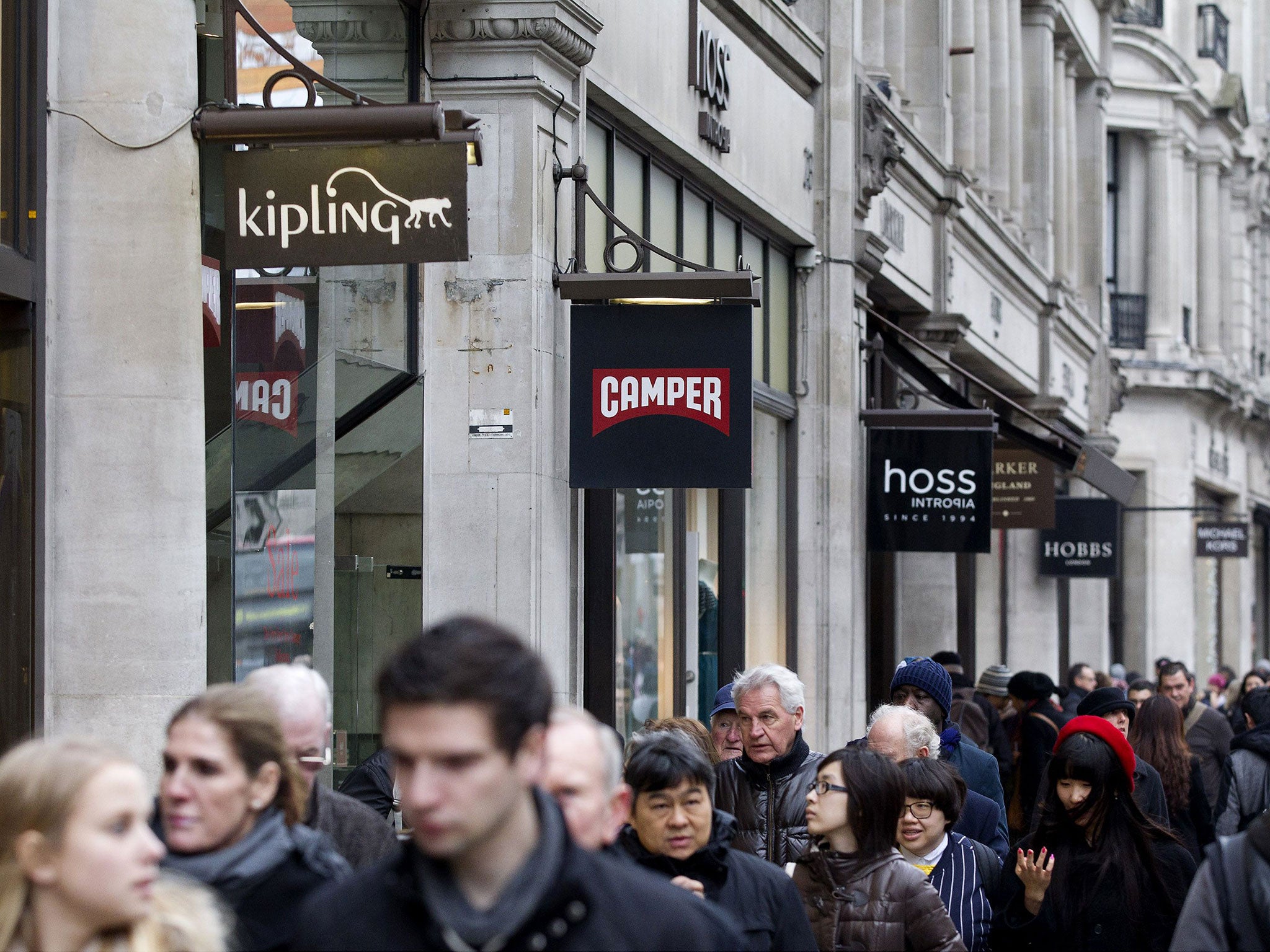Meet the ‘Endies’ – city dwellers who are too poor to have fun
Endies - employed but no disposable income or savings - have to shop at the supermarket, usually Lidl or Aldi, after 8pm when the produce that has reached its sell by date is reduced in price

Your support helps us to tell the story
From reproductive rights to climate change to Big Tech, The Independent is on the ground when the story is developing. Whether it's investigating the financials of Elon Musk's pro-Trump PAC or producing our latest documentary, 'The A Word', which shines a light on the American women fighting for reproductive rights, we know how important it is to parse out the facts from the messaging.
At such a critical moment in US history, we need reporters on the ground. Your donation allows us to keep sending journalists to speak to both sides of the story.
The Independent is trusted by Americans across the entire political spectrum. And unlike many other quality news outlets, we choose not to lock Americans out of our reporting and analysis with paywalls. We believe quality journalism should be available to everyone, paid for by those who can afford it.
Your support makes all the difference.In the 1980s we had Yuppies – wealthy and vulgar young professionals whose excesses came to define the decade.
But modern city life is defined by a very different social tribe – “Endies” – who eke out invisible and modest lives at home because they cannot afford to go out.
Endies – which stands for employed but no disposable income or savings – have been identified in a new report by the Centre of London think-tank, which claims they are “not just squeezed, they are trapped”.
“They cannot see how to build up assets in London while earning incomes which each month barely cover getting to work and the essentials of life,” the authors claim.
An Endie typically earns between £20,000 and £33,000 as an individual or a single parent, or between £20,000 and £33,000 as couples with dependent children. They have to shop at the supermarket – usually Lidl or Aldi – after 8pm when the produce that has reached its sell by date is reduced in price.
They also cannot get their children into the best-performing state schools because they cannot afford house prices in the catchment areas, the report says.
“Those not lucky enough to already own a home have next to no chance of buying one,” it adds. “Average house prices have increased by 16 per cent outside London in the past decade but by 68 per cent in the capital.”
But the endies are proud and self-sufficient – and believe it is a virtue not to rely on any benefits, adds the report. They have too little spending power, though, to be of much interest to the private sector.
“The ‘Endies’ are stuck,” it concludes. “They cannot face leaving London because it is exciting, vibrant and where the work is. But living in London is a struggle they often feel they are losing.”
The report, Hollow Promise: How London Fails People On Modest Incomes And What Should Be Done About It, says imaginative initiatives need to be adopted if their lives are to be made easier to help them cope with the cost of living in London.
One could be by encouraging them to make the most of their “lazy assets” – spare rooms, spare storage space, spare time – as sources of additional income through the internet.
It also proposes setting up “Social Improvement Districts” – SIDs – creating new cheaper accommodation for people on modest incomes to live. “With property prices in London soaring at an ever-increasing rate and essential costs rising faster here than anywhere else in the country, this group of Londoners are in danger of being forgotten and pushed to the edges – both physically and socially,” said Mark Rogers, chief executive of Circle Housing, in a foreword to the report.
“It’s vital this group does not remain silent. We need to create innovative housing solutions that offer London’s diverse residents affordable rents and a helping hand to get on the property ladder.”
* Home ownership is becoming “an exclusive members’ club” with nurses, firefighters and plumbers among those being squeezed out of the housing market, according a new report. Research by the National Housing Federation found that the average first-time buyer now needed a deposit of £30,000, almost 10 times the amount required in the 1980s.
Join our commenting forum
Join thought-provoking conversations, follow other Independent readers and see their replies
Comments